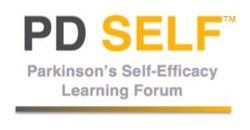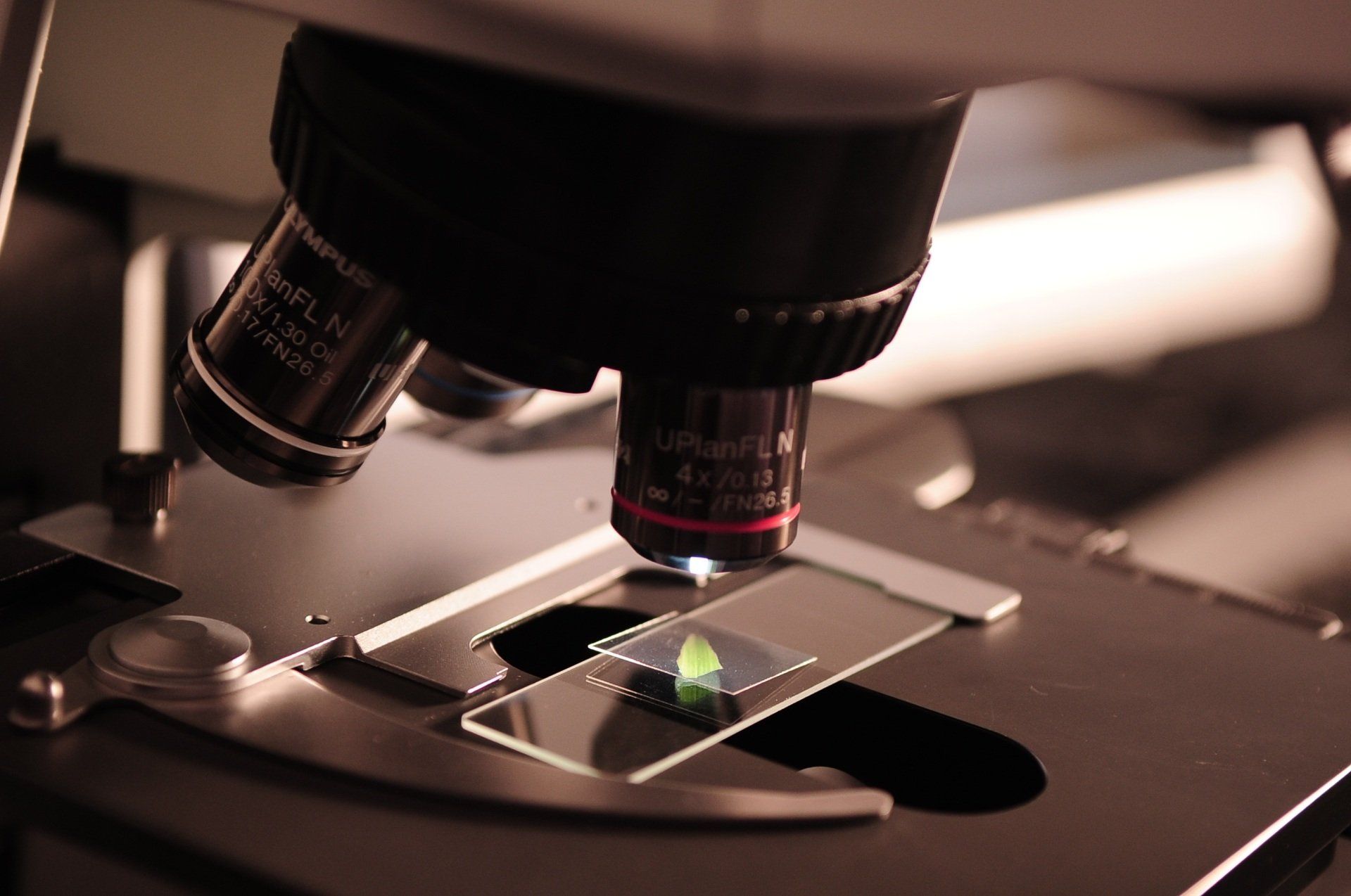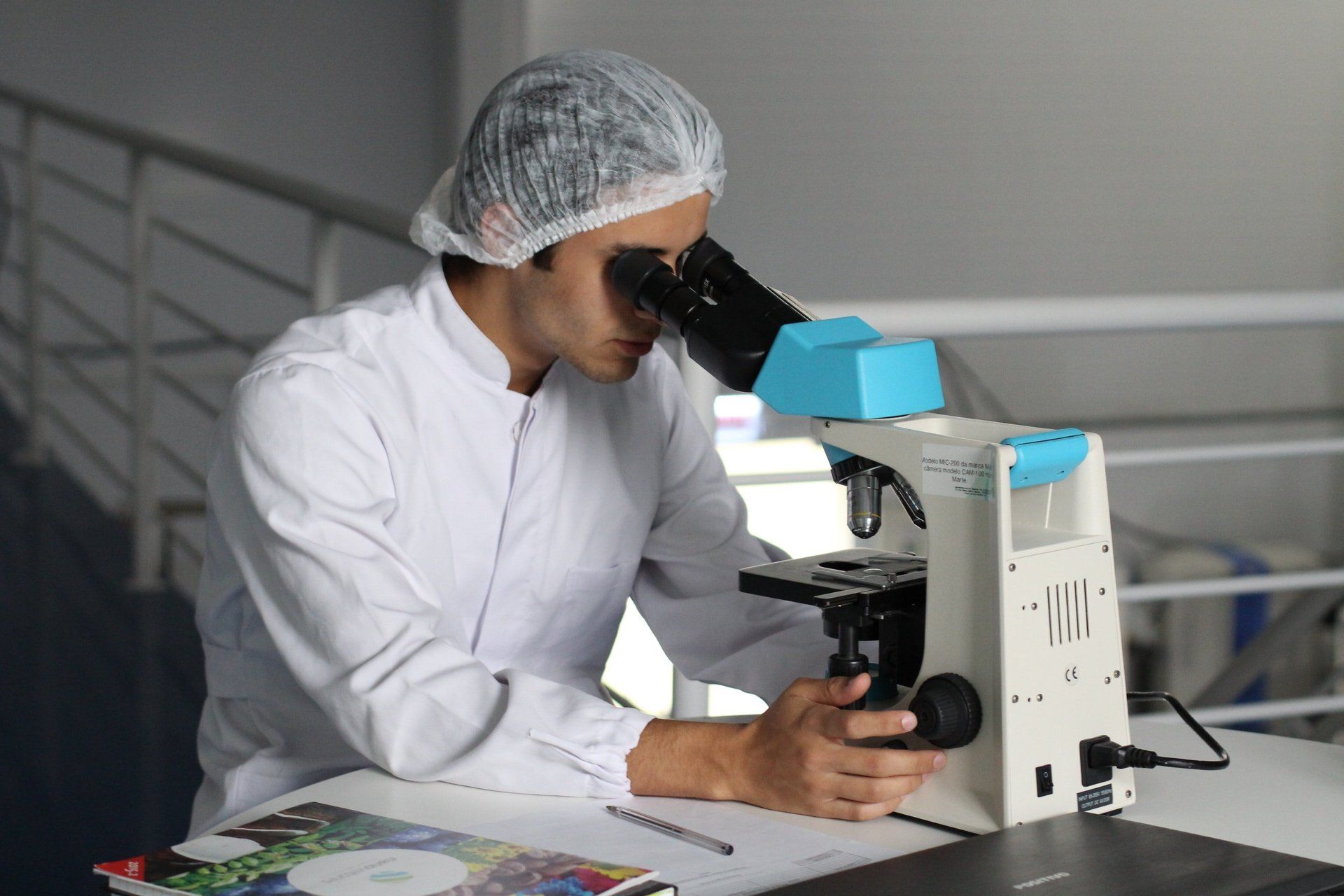PD SELF (Parkinson’s Self-Efficacy Learning Forum) is an innovative, interactive disease management curriculum developed by Parkinson's patient Diane Cook, based on the psychosocial theory of self-efficacy. It helps people newly diagnosed with Parkinson’s Disease and their care partners master the management of their chronic, progressive disease and retain the best quality of life. Parkinson’s disease is a neurodegenerative disorder that is characterized by tremor, stiffness, slowness, and loss of motor and other body functions.
Results of a clinical trial on which this program was based showed improvement in anxiety, depression, fatigue, perceived support, and stress in most participants. Psychosocial functioning continued to improve through the four-year follow up, suggesting a change in behavioral patterns.
The PD SELF curriculum is delivered by teams of lay facilitators, one with Parkinson’s, in 13 metropolitan areas across the United States. The program has graduated over 1500 people with Parkinson’s and their care partners over the last six years.
QUOTES FROM PARTICIPANTS:
"It changed my life"
“I feel much more confident about the future.”
“These are tools I can use the rest of my life.”
“I feel empowered!”
MDF Pilot Grant Program
Movement Disorders Foundation aims to be a leading funder of basic, translational and clinical research in the spectrum of clinical disorders that includes Parkinson's disease and parkinsonism, dystonia, chorea and Huntington's disease and more. Funding will be provided to help develop projects to the point where external funding can be obtained.
Proposed MDF Pilot Grant studies will present a testable hypothesis and clearly delineate the question being asked, procedures to be followed, and data analysis. Each year, Movement Disorders Foundation’s goal will be to fund from six to ten research grants, ranging in size from $25,000 to $50,000, for projects that have a clear possibility of working at scale, but for which grant funding has been otherwise difficult to obtain.
Investigators will be encouraged to submit proposals that utilize a multidisciplinary approach to explore novel aspects of detection or treatment in the context of movement disorders. Investigators eligible for MDF pilot funding will include:
- new investigators without current or past NIH research support;
- established investigators who propose testing innovative ideas that represent a departure from ongoing research interests; and
- established investigators with no previous work in movement disorder research who wish to apply their expertise to a problem in this area.
MDF Pilot Grant proposals will be reviewed and chaired by rotating panels of ad hoc reviewers to include Dr. Rajeev Kumar and other leading neurologists and research scientists for each respective movement disorder. MDF Pilot Grant proposals will be reviewed using current NIH recommended review criteria for scientific merit and eligibility to include overall impact of the research on the movement disorders field, innovation of the proposed study, and the research environment, itself.
Requests for proposals will appear on the Movement Disorders Foundation website and disseminated to institutions affiliated with the respective area of movement disorder research. All applicants will be given a summary statement and score, and the top ranked proposals will be funded based on availability of MDF resources. Working with the global scientific community, Movement Disorders Foundation will make all findings from its clinical research program available to movement disorder scientists, clinicians and patients worldwide.
Lighting the Path
HUNTINGTON'S DISEASE CLINIC
HUNTINGTONʼS DISEASE CLINIC a comprehensive clinic where patients can be seen by a genetic counselor, psychologist, therapists, as well as providers, all with extensive experience helping families afflicted with HD.
Huntingtonʼs Disease (HD) is a genetic disorder which causes the breakdown of nerve cells in the brain. Every child of a parent with HD as a 50% chance on inheriting the faulty gene. This progressive causes a deterioration of the individual's mental and physical abilities. Symptoms include involuntary movements, difficulty with short term memory and cognition, as well as behavioral problems. There is no cure at present. However with many on-going trials, there is hope for new treatments and hopefully a cure.
MDF is pleased to announce that our Huntingtonʼs Disease clinic has received the recognition of a Huntingtonʼs Disease Center of Excellence. This distinction is conferred on clinics with specialized staff and multidisciplinary HD clinics.
Special Note: The MDF Huntingtonʼs Disease Clinic recently treated the first person in the United States with a promising new investigational drug by Roche that has great potential to change the course of this terrible disease.
HDSA Center of Excellence
HDSA (Centers of Excellence provide an elite team approach to Huntington’s disease care and research. Patients benefit from expert neurologists, psychiatrists, social workers, therapists, counselors and other professionals who have extensive experience working with families affected by HD and who work collaboratively to help families plan the best HD care program throughout the course of the disease.
With the Huntington's Disease Society of America, Movement Disorders Foundation helps fund the Rocky Mountain Huntington’s Disease Center of Excellence, a comprehensive clinic where patients can visit with genetic counselors, psychologists,
therapists and providers - at no charge.
The Center of Excellence distinction is conferred on clinics who share HDSA’s commitment to high-quality, comprehensive care and access to clinical research.
HDSA Center of Excellence
HDSA (Centers of Excellence provide an elite team approach to Huntington’s disease care and research. Patients benefit from expert neurologists, psychiatrists, social workers, therapists, counselors and other professionals who have extensive experience working with families affected by HD and who work collaboratively to help families plan the best HD care program throughout the course of the disease.
With the Huntington's Disease Society of America, Movement Disorders Foundation helps fund the Rocky Mountain Huntington’s Disease Center of Excellence, a comprehensive clinic where patients can visit with genetic counselors, psychologists,
therapists and providers - at no charge.
The Center of Excellence distinction is conferred on clinics who share HDSA’s commitment to high-quality, comprehensive care and access to clinical research.
















